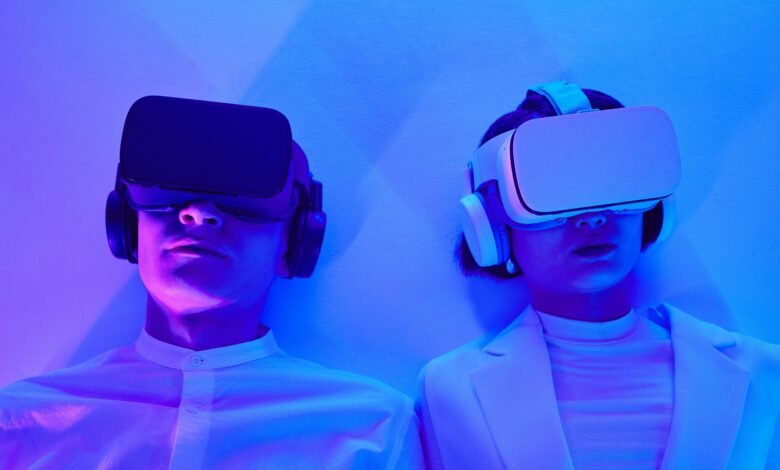The Evolution and Role of Human Interface Devices

Human Interface Devices (HIDs) have basically converted how we engage with generation, bridging the space among people and machines. As the arena turns increasingly digital, HIDs are not simply tools for convenience but additionally pivotal additives of our technological ecosystems, shaping the manner in which we communicate, create, and engage.
What Are Human Interface Devices?
Human Interface Devices check with hardware peripherals that allow human beings to input instructions and interact with virtual systems. While the time period may also appear technical, HIDs encompass familiar gadgets like keyboards, mice, game controllers, and touchscreens. These gadgets interpret human movements—together with typing, clicking, or swiping—and translate them into instructions that computer systems can process.
A Brief History of HIDs
The idea of HIDs dates again to the earliest computing structures, where interplay changed into restricted to punch cards and command-line interfaces. Over a long time, advancements in engineering and design gave upward push to ergonomic keyboards, optical mice, and different intuitive devices. Each innovation delivered technology toward human beings, decreasing the getting-to-know curve and making structures more reachable.
In the latest years, the rise of voice reputation, motion sensors, and virtual reality headsets has marked a brand new generation for HIDs. These gadgets now do not depend solely on touch or mechanical input but include natural human gestures, speech, and moves for seamless interplay.
The Science Behind HIDs
Human Interface Devices are characteristic as intermediaries, utilizing sensors, actuators, and software algorithms to translate human moves into device-readable records. For instance, a mouse makes use of an optical sensor to music motion, while a touchscreen employs capacitive technology to stumble on finger gestures. This seamless conversion of bodily input into virtual output paperwork the spine of the consumer experience.
Applications Across Industries
HIDs play an essential role in a couple of sectors:
Gaming and Entertainment: Devices like VR headsets and haptic gloves offer immersive experiences, allowing customers to interact with virtual worlds as though they had been actual.
Healthcare: Assistive gadgets like eye-tracking systems allow individuals with mobility impairments to control computers effects.
Education and Workspaces: Smartboards, styluses, and ergonomic equipment facilitate better collaboration and productivity.
Automation and Robotics: HIDs function as essential management structures for coping with complicated equipment and self-reliant systems.
The Future of Human Interface Devices
As synthetic intelligence and device getting to know retain to advance, the destiny of HIDs is geared in the direction of greater intelligent, adaptive, and inclusive designs. Voice assistants like Alexa and Siri are early examples of ways natural language processing is being integrated into HIDs. Meanwhile, brain-PC interfaces (BCIs) promise a paradigm shift, permitting users to control gadgets through thought on their own.
HIDs are also shifting in the direction of common accessibility, with capabilities that cater to diverse physical and cognitive needs. These improvements make certain that technology serves anyone, breaking boundaries and fostering inclusivity.
Final Thoughts
Human Interface Devices are more than simply peripherals—they’re a crucial link inside the chain of technological development. From the common-or-garden keyboard to state-of-the-art neural interfaces, HIDs replicate humanity’s quest to make eras as intuitive and natural as viable. As we continue to innovate, these gadgets will play a fair more role in defining how we interact with the virtual world.

